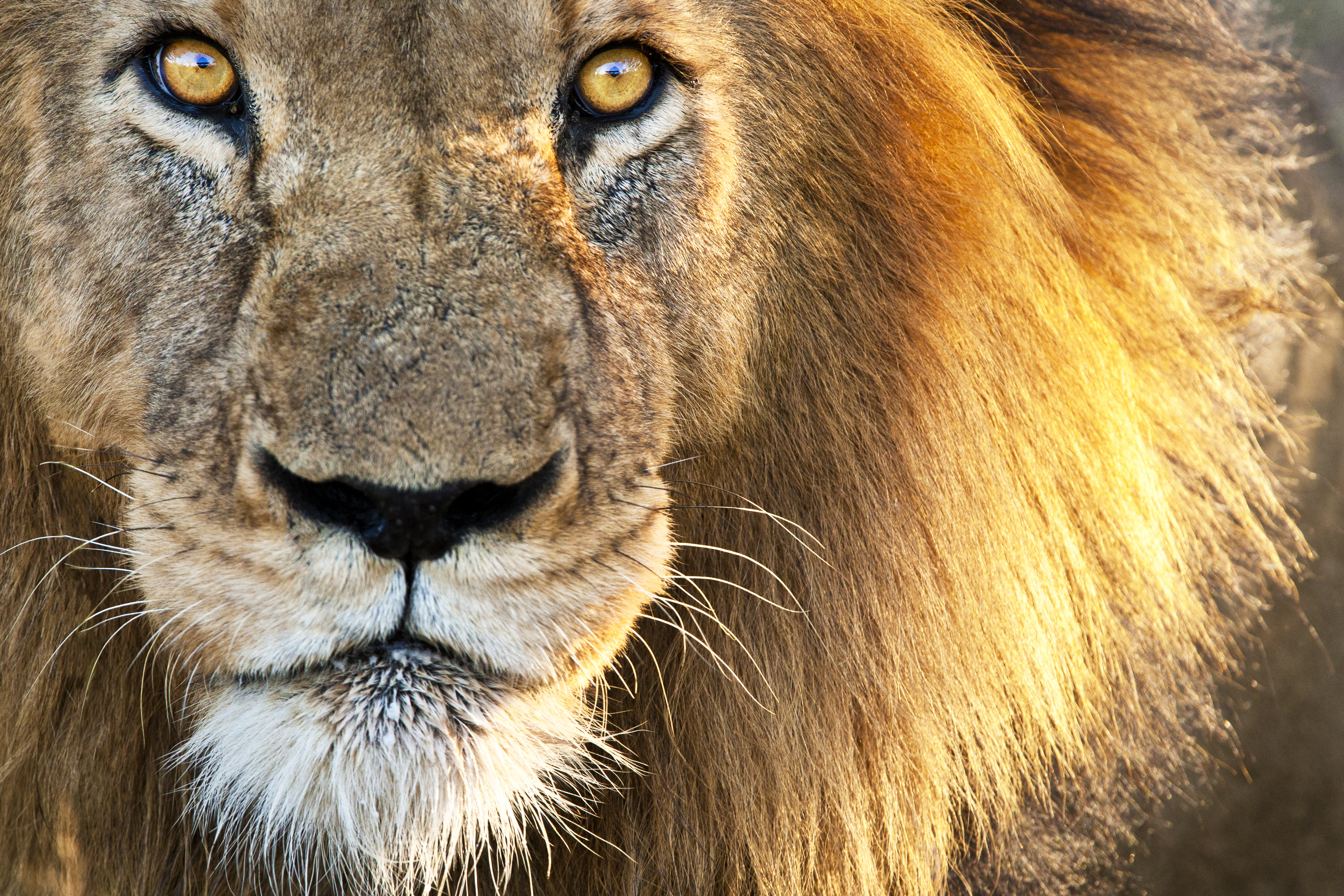Can Animals Get Schizophrenia, or Is It Unique to Humans?
Posted on Categories Discover Magazine

Animals can suffer from many of the same mental illnesses that humans do, such as anxiety, depression, obsessive compulsive disorder (OCD) and post-traumatic stress disorder (PTSD). But there’s one mental illness that, at least as far as we can tell, that animals don’t get: schizophrenia.
Schizophrenia and Animals
Admittedly, it would be difficult to know if an animal were suffering from schizophrenia. The National Library of Medicine describes the symptoms of schizophrenia as including hallucinations, most commonly auditory but often involving hallucinatory visions, smells or even tastes, as well. In addition, schizophrenia can cause delusions, such as thinking that you’re George Washington or Napoleon, that you’re the focus of an evil plot or even that you’re being controlled by beings from other planets or dimensions.
If something like that were going on in the mind of, say, your dog, how would you even know? Meanwhile, cats certainly appear to hear voices that we can’t, but unfortunately, they can’t tell us about them.
But despite having limited access to the inner lives of other animals, there’s good reason to think that schizophrenia is unique to humans, and the evidence is in the human genome.
Read More: We’re Not Alone: Animals Suffer From Mental Health Issues Too
Why Do Humans Get Schizophrenia?
Schizophrenia tends to run in families and has long been understood to be substantially influenced by genetics. But no single gene seems to be responsible for the malady. A Nature study published in 2022 fingered 10 particular genes in which alterations can lead to schizophrenia. A subsequent study on a larger, more diverse population reinforced these findings, adding three more genes to the mix.
Schizophrenia-linked genes appear in an area of the genome that changed rapidly during human evolution. This period of rapid change began after humans branched off from chimpanzees, making the results of the changes unique to humans.
These gene regions are called HARs, short for “human accelerated regions.” HARs are involved in modulating the expression of other genes and, among other things, seem to play a role in the cognitive and behavioral diversity among humans.
Read More: Thought Broadcasting: When Your Thoughts Are No Longer Your Own
The Evolution of Schizophrenia
A review study on the research to date on HARs, and their role in mental illness, was published last year in the International Journal of Molecular Sciences. In that study, researchers Maria Guardiola-Ripoll and Mar Fatjó-Vilas explain that the expansion of the cortex in human evolution is thought to have contributed to the development in our species of more complex neuronal structures.
This uniquely human brain organization is what makes our higher cognitive abilities possible; capacities such as memory and attention, our knack for abstract thinking, our ability to use language and social cognition. Guardiola-Ripoll and Fatjó-Vilas describe these as “core traits of humankind” and point out that they are often the very things that are compromised in schizophrenia.
Read More: Why Schizophrenia is Different for Women
So Why Don’t Animals Get Schizophrenia?
There’s a lot more work to be done before we fully understand the evolutionary background of the genetics behind schizophrenia, and how specific genes influence the onset and nature of the disease. Such work aims to better our understanding of the influence genes and gene expression have over mental illnesses, and ultimately lead to more effective treatments.
Meanwhile, for those of us simply wondering why animals don’t get schizophrenia, researchers can offer a possible answer: Other animals just don’t have the right genes for it.
Still, for the human population as a species, schizophrenia (and other forms of mental illness) may be the price we pay for that complex cortical architecture — and the uniquely human cognitive abilities that come with it.
Read More: What To Do If Your Pet Is Struggling With Anxiety